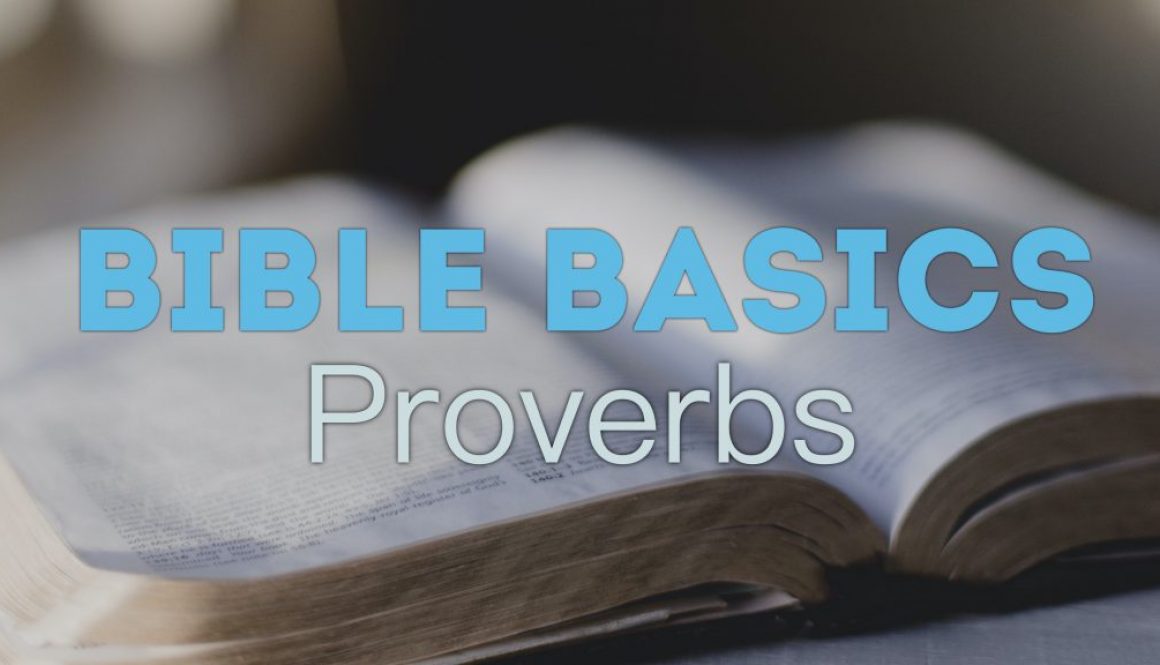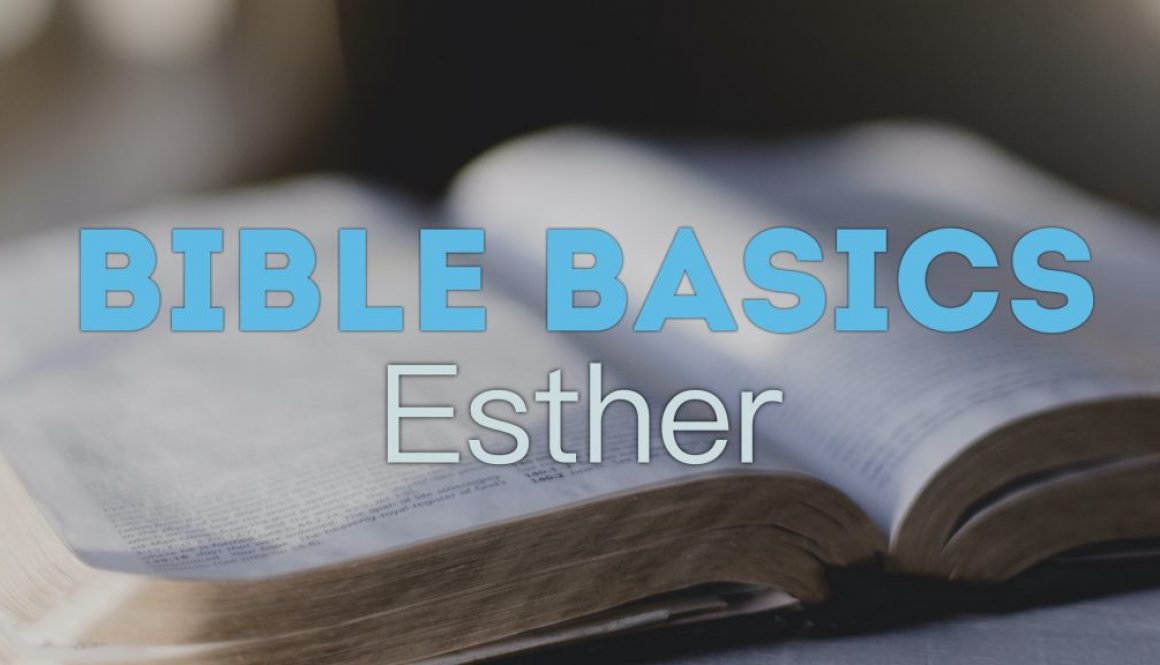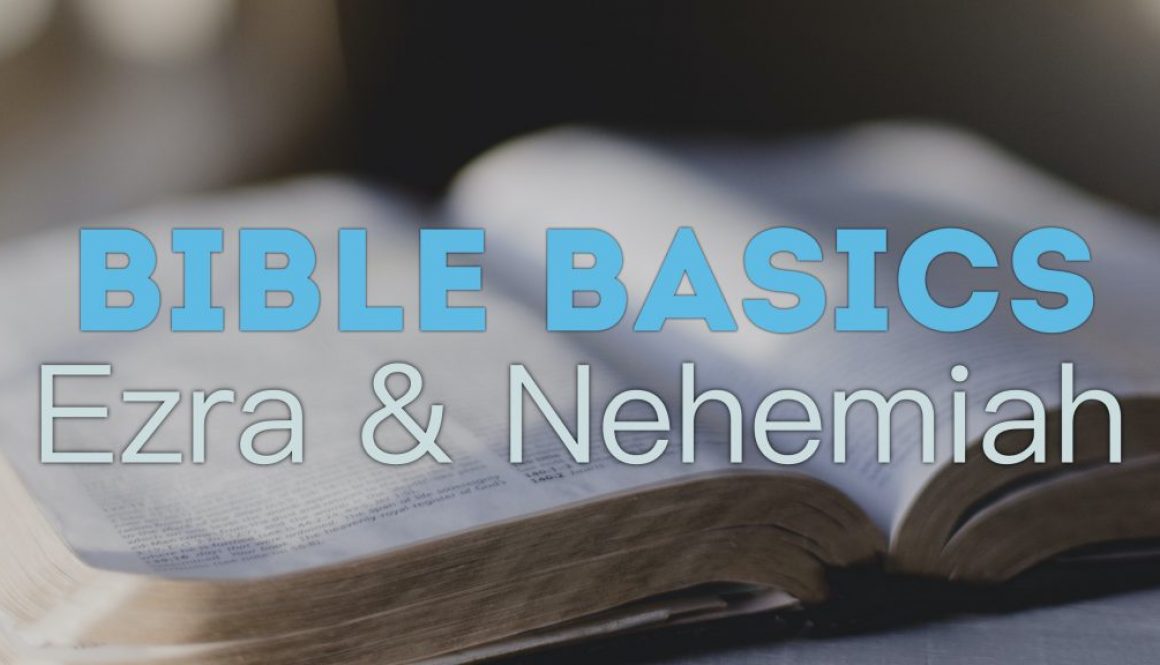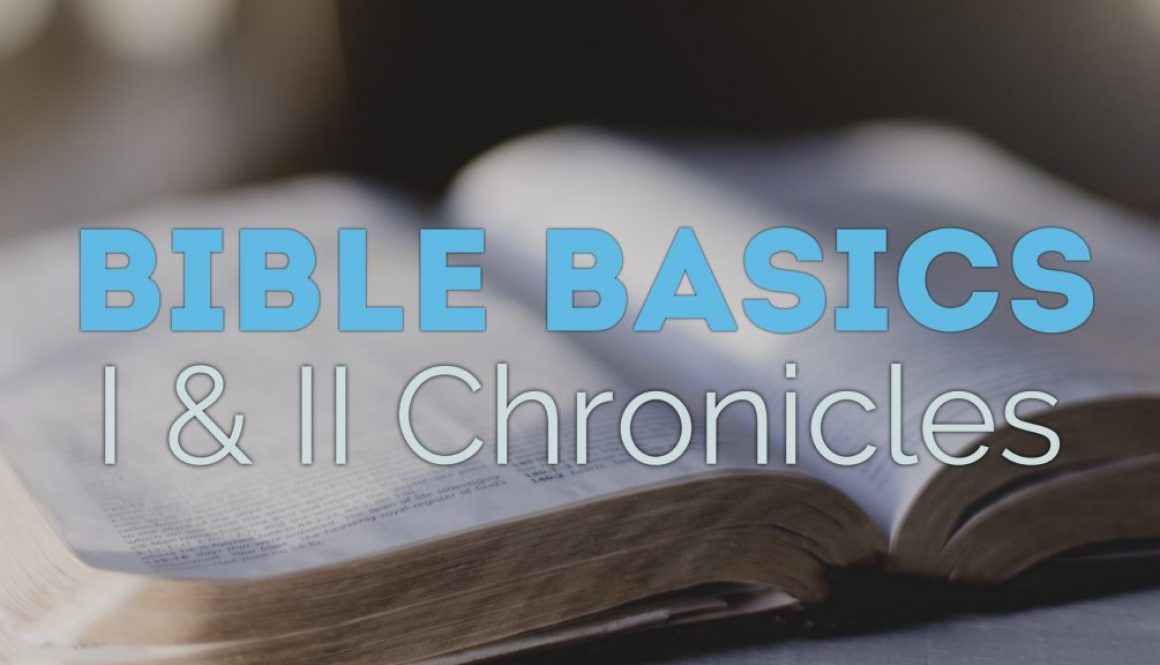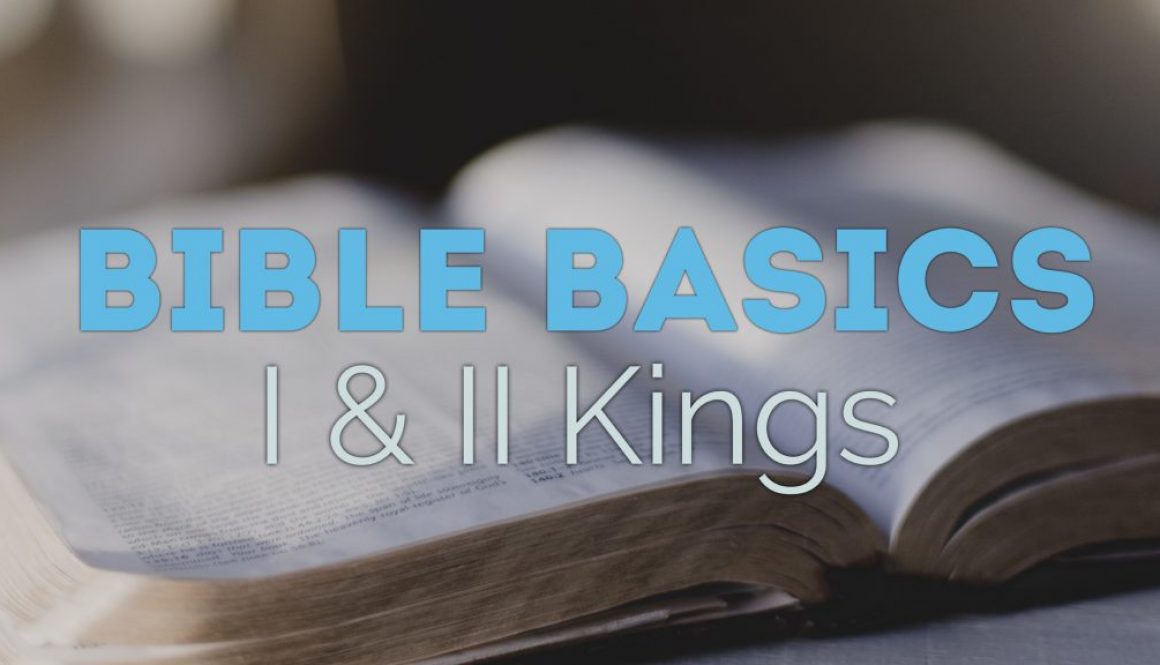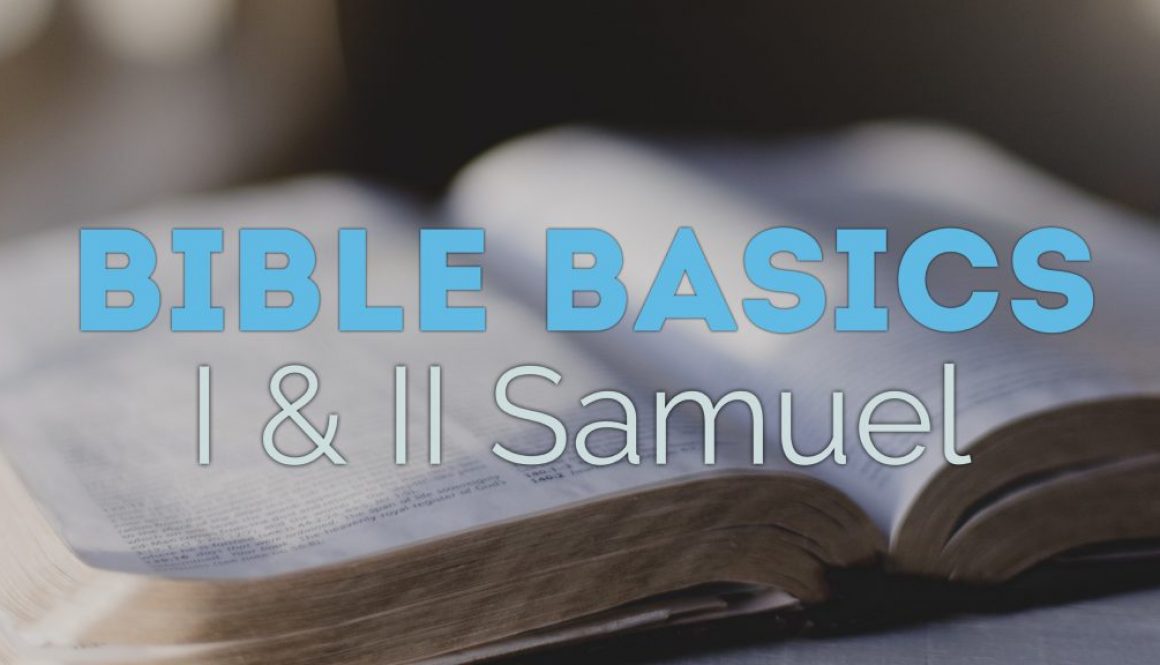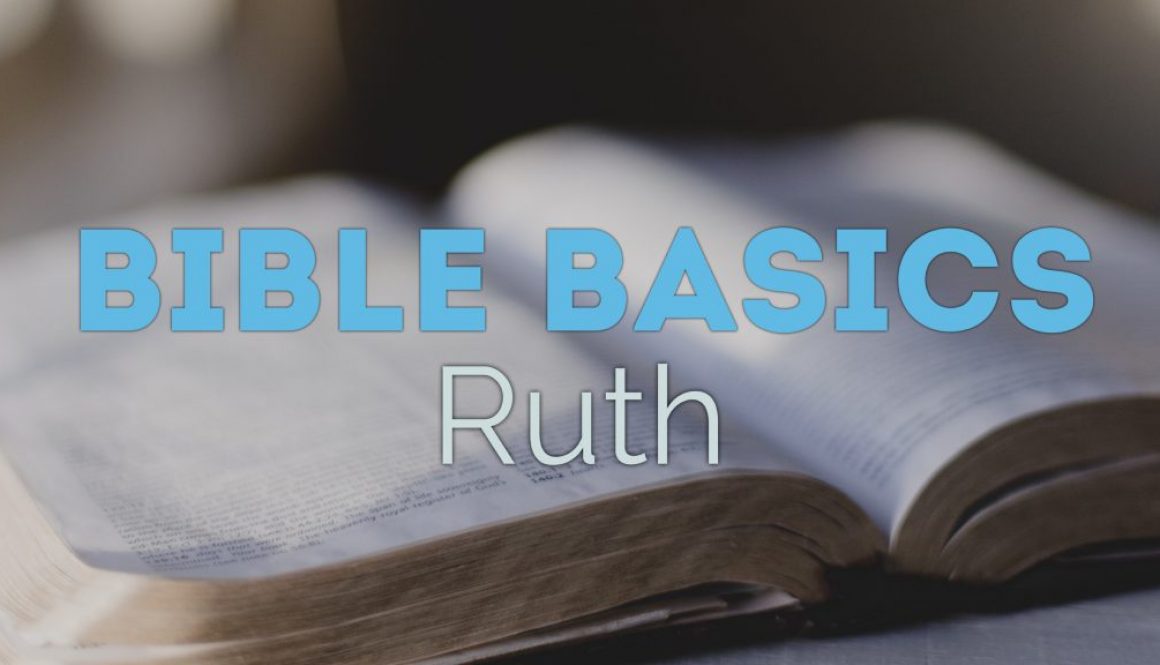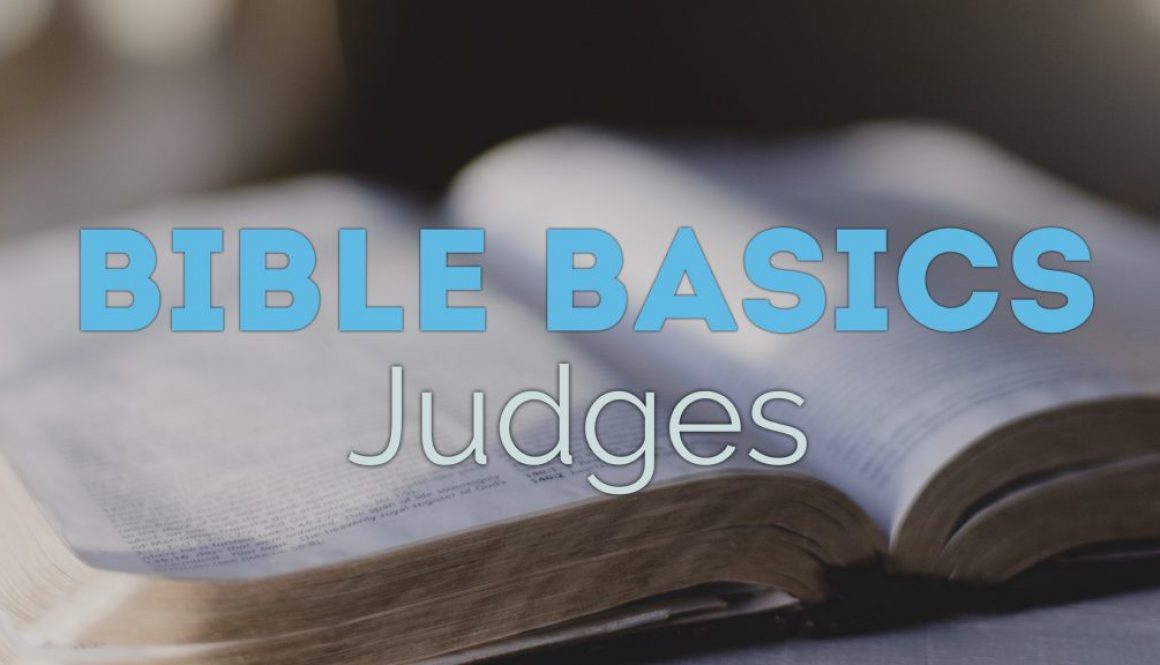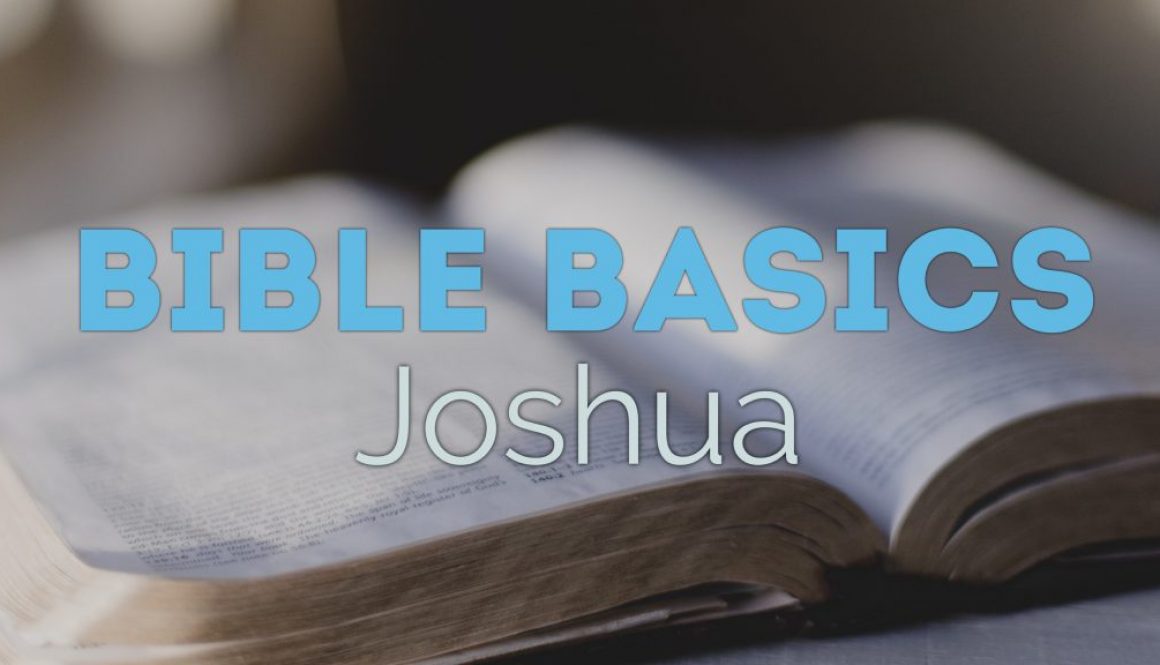Proverbs
Author
The majority of the proverbs were written by King Solomon, although later portions of the book are attributed to other authors, as well.
The proverbs collected in chapters 22:17-24:34 are attributed to “the wise,” while chapters 30 and 31 are assigned to the authorship of Agur and Lemuel. These men’s identities are otherwise unknown. It is possible that these proverbs, however, came before the time of Solomon, and that he, too, collected them and added them to his book of saying.
Chapters 25-29 are attributed to Solomon, but were collected and edited together by order of King Hezekiah of Judah around 700 B.C.
Date
Solomon would have written his portion of Proverbs from around 971-931 B.C; however, Hezekiah’s collection was not compiled until around 700 B.C. It is therefore easy to conclude that the book of proverbs in its current form was completed at that time.
Audience and Purpose
The audience and purpose of the book are stated clearly in the introduction of the book. Chapter 1 verse 5 says, “Let the wise hear and increase in learning…” which implies that Solomon was writing to anyone looking to grow in wisdom, particularly among his people, Israel. (Though we know the fame of Solomon spread around the world, so it is reasonable to assume many of his proverbs went beyond the borders of Israel as well.)
His purpose is again stated in chapter 1, verses 2-4: “To know wisdom and instruction, to understand words of insight, to receive instruction in wise dealing, in righteousness, justice, and equity; to give prudence to the simple, knowledge and discretion to the youth.” He expands on his own explanation of purpose in Ecclesiastes 12:9-14.
Major Themes
- Wisdom.
- Ethics and Morality.
- Godly Worldview.
Key Scriptures
- Proverbs 1:7 — “The fear of the Lord is the beginning of knowledge; fools despise wisdom and instruction.”
- Proverbs 3:5-6 — “Trust in the Lord with all your heart, and do not lean on your own understanding. In all your ways acknowledge him, and he will make straight your paths.”
Outline
- Proverbs 1:1-7 — Introduction
- Proverbs 1:8-9:18 — A Father to Son Call to Wisdom
- Proverbs 10:1-22:16 — Solomon’s Proverbs
- Proverbs 22:17-24:34 — Proverbs of “The Wise”
- Proverbs 25:1-29:27 — Hezekiah’s Collection of Solomon’s Proverbs
- Proverbs 30:1-33 — Agur’s Proverbs
- Proverbs 31:1-9 — King Lemuel’s Proverbs
- Proverbs 31:10-31 — Proverbs Regarding a Godly Woman
Gospel Summary
The book of proverbs gives everyday examples of what it means to obey the great commandment of God: to love God with all your heart, soul, mind and strength, and to love your neighbor as yourself. These sayings, or maxims, apply daily wisdom to demonstrate how to live, and how not to live, to fulfill God’s law and to have a blessed life.
As with all of the books of the Old Testament, Proverbs points to Christ in many different ways, with each topic that is discussed in the book. However, the most prominent picture we get of Christ is that as Solomon became known as the wisest man ever to live, and put that wisdom into this writing, it was only a picture of Jesus (see Isaiah 11:2 and Matthew 12:42), who in His own early life demonstrated the wisdom of God in every aspect thought and action, as He lived in perfect obedience to God. Jesus is our highest example to follow in living a life of wisdom (see Colossians 2:1-3).
© Anthony Scott Ingram 2020. All Rights Reserved.
Photo by Carolyn V on Unsplash
Unless otherwise indicated, all Scripture quotations are from The Holy Bible, English Standard Version®, copyright © 2001 by Crossway Bibles, a publishing ministry of Good News Publishers. Used by permission. All rights reserved.”
Please note that I do get a small kickback from Amazon for any purchases made using the links on this post. Should you choose to purchase from them, I just want to say thank you for further supporting my work in ministry!
